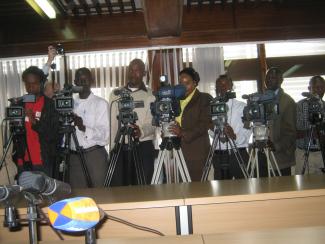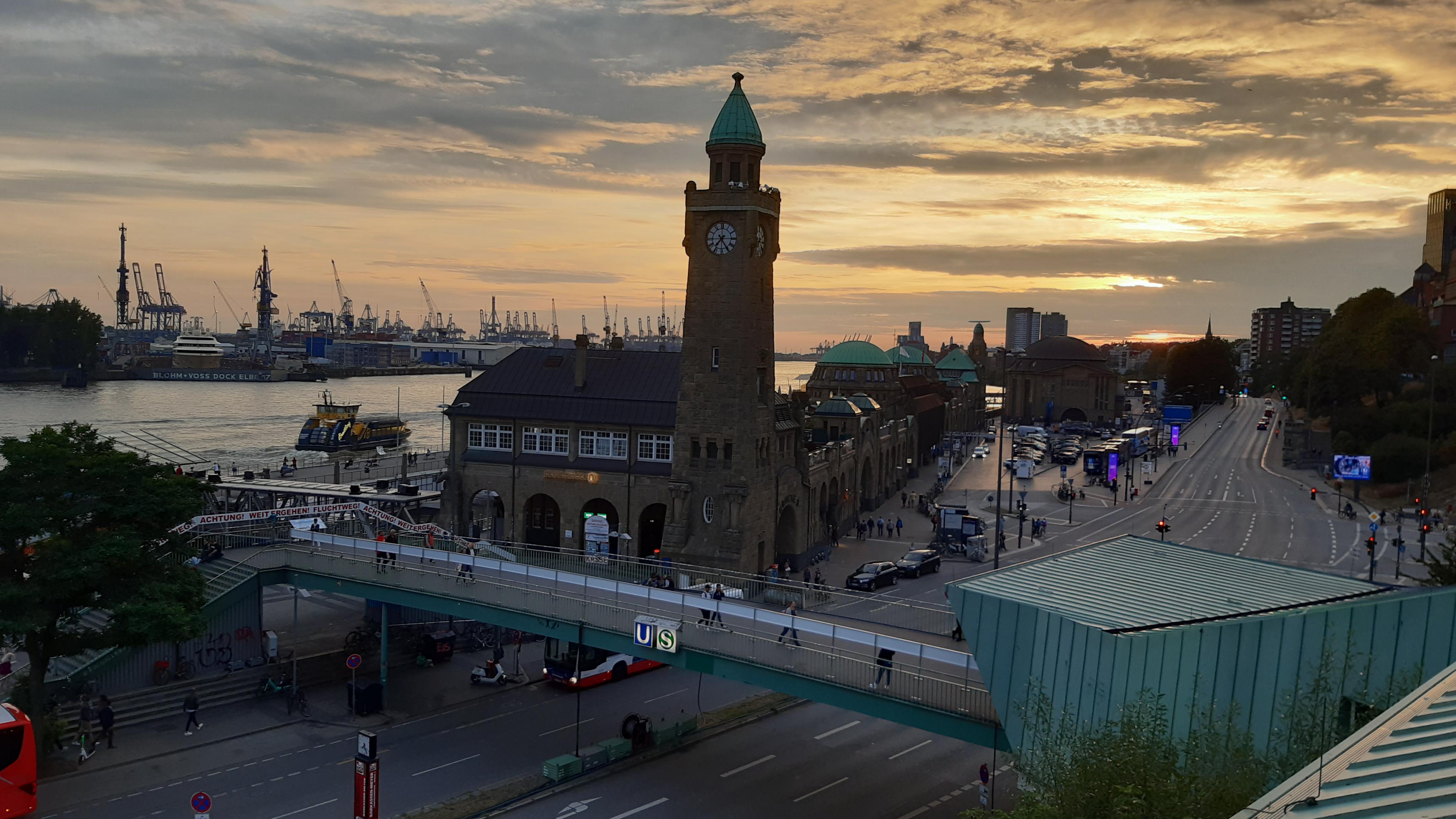Journalism
Why some reporting is skewed

According to Anya Schiffrin, a media professor at Columbia University in New York, there are five methods of media capture:
- Government or other vested interests may give a whole range of favours to media companies that are friendly and supportive of their narrative.
- They may influence media through advertising.
- They can restrict access to information to those who do not support them.
- Media may also be captured cognitively, if they subscribe to a specific narrative on any particular issue and reject any views that do not fit in.
- Lastly, the age-old method of bribery is also used to influence and manipulate media workers.
Once a media house is “captured”, it is prone to covering up crime and corruption, promoting and protecting allies. Ultimately, it becomes a mouthpiece for propaganda. As Schiffrin points out, governments and other powerful forces can try to punish opposing media groups. Leaders with authoritarian leanings are known to use taxation, criminal investigations, parliamentary inquiries and defamation laws to intimidate journalists and restrict unwelcome coverage. Schiffrin speaks of “soft censorship”. A recent example of an authoritarian leader trying to silence a critical media outlet is the way the administration of President Rodrigo Duterte of the Philippines is hounding the website Rappler (see Emmalyn Liwag Kotte the debate section of D+C/E+Z e-Paper 2019/01).
Media scholars know, of course, that no media organisation can be entirely independent of its sources of funding. Professional conventions have evolved, however, that ensure that news media are “objective” in the sense of indicating precise facts, revealing their sources and conveying different parties’ diverging interpretations of undisputable facts.
Indeed, the opinion pieces in traditional western newspapers help to give readers an idea of that papers’ orientation, on the basis of which it is easier to assess whether it is covering opposing views with reasonable fairness. The general public, nonetheless, needs a broad diversity of media organisations, since competition forces journalists to do solid work.
In the past, broadcast media were mostly owned by the state, while newspapers belonged to private-sector companies. This division of labour ensured diversity. It has been eroded to a large extent, however, as private TV and radio stations have become ever more popular.
Deepanjalie Abeywardana, who works for Verité Research, a private think tank based in Colombo, reports that media concentration has become an issue in Sri Lanka. The state and three private-sector businesses are the four main players. The owners of the media holdings all lean towards specific political parties, and that has had a bearing on the recent political upheaval. “It is not just the state media that is the problem, but also the independent privately-owned media with their political affiliations,” she told a conference on media capture in Berlin in late November. It was hosted by the Friedrich Ebert Foundation, which is close to Germany’s Social Democrats, the international NGO Reporters without Borders and MiCT (Media in Cooperation and Transition), a German non-profit organisation.
Internet challenges
In the past three decades, the internet has been changing the media landscape fast all over the world. It has given rise to new websites and blogs, for citizens to express their views independently. This trend has been further reinforced by the emergence of social media. At the same time, advertising, which used to fund established media operations, has shifted online. This development has undermined traditional business models in many countries.
There are now many new avenues to uncover scandals, advance alternative interpretations of events and challenge dominant narratives. At the same time, fewer people are being paid well for doing full-time journalistic work, so mere rumours and disinformation spread fast. The established news media have been trying to adapt to the internet, but so far, publishers struggle to generate the revenues they need for full-fledged professional reporting.
Reporters without Borders and others warn that media capture is becoming ever more likely in this scenario. Vested interests are adapting their manipulative methods to new technological trends. To some extent, ruling factions are falling back to controlling social media through state-sanctioned regulations and by ways of coercion. However, they also take innovative approaches. Often, “trolls” are paid to spread fake news, rumours and outright fear via online media (see Arfa Khanum Sherwani in the focus section of D+C/E+Z e-Paper 2018/05).
Lisa-Marie Neudert from the Oxford Internet Institute emphasises the need to pay attention to “social media” capture, which she considers a rising threat. Online platforms such as Facebook, Twitter, Instagram and others are increasingly replacing traditional media as people’s primary sources of information. They are particularly prone to spreading disinformation, however, since there is no editorial control.
Neudert warns that it can be difficult to tell objective news form manipulated content on social media. Media literacy, which is about understanding how media items are produced and distributed, is essential, she says, for people to not only consume items, but to evaluate their substance (also see contributions by Julia Odoj and Benjamin Gaul in the focus section of D+C/E+Z e-Paper 2018/05). She advises professional media operations, moreover, to focus on investigative and specialised reporting in order to build a reputation for objective and independent journalism.
Globally, traditional media is in decline. Eroding advertising revenues have made media companies ever more dependent on a decreasing number of advertisers and other sponsors.
Verah Okyeo, who works for Kenya’s Daily Nation newspaper, is aware of such matters. She appreciates that the Bill and Melinda Gates Foundation is funding the science desk she works for, but admits that this has an impact on the desk’s work. The growing clout of private philanthropists in international affairs is not uncontroversial, and some observers find it irritating (see Barbara Unmüssig in the focus section of D+C/E+Z e-Paper 2017/12).
In lack of resources, Okyeo adds, media organisations are increasingly turning to donor institutions for their training needs. One implication is that their coverage tends to reflect those institutions’ ideas.
In many countries, financially vulnerable media outlets are increasingly relinquishing control to private investors and their interests. Close ties to political parties are common too. Fewer quality media in public debate, however, means that fewer well-researched and documented contributions are made in fight for what Antonio Gramsci called “hegemony”. The Italian communist developed the philosophical concept of civil society and pointed out that hegemony results from public debate at many levels – from the household to work places, educational institutions and ultimately legislatures. Media input obviously matters in this context.
Link
Conference website:
https://fome.info/events/symposium-2018/documentation










